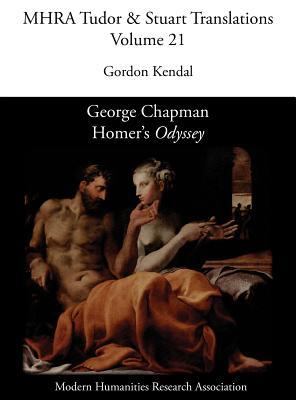For George Chapman (1559-1634) his translation of Homer was 'the work that I was born to do'. The publication of his Iliad and Odyssey together in 1616 was a landmark in English literature, but until now there has been no edition which modernises his spelling and punctuation and also provides detailed help in grasping his often obscure language, and in understanding how and why he translated Homer in the particular way he did. This edition of the Odyssey, a companion to Robert Miola's edition of the Iliad, aims to bring Chapman's rendering alive for the modern reader. Its literary, philosophical, and religious context is explained in an Introduction and in footnotes, and side- and end-glosses clarify Chapman's English. His Odyssey is not only a stylistic masterpiece of seventeenth-century English: it constitutes a profound and moving interpretation - still relevant after four hundred years - of Homer's story of the suffering and grace implicit in the human condition. Through its teeming diversity of events, settings, and characters Homer and his first English translator explore the question of what it means to be human in a complex and threatening world.
